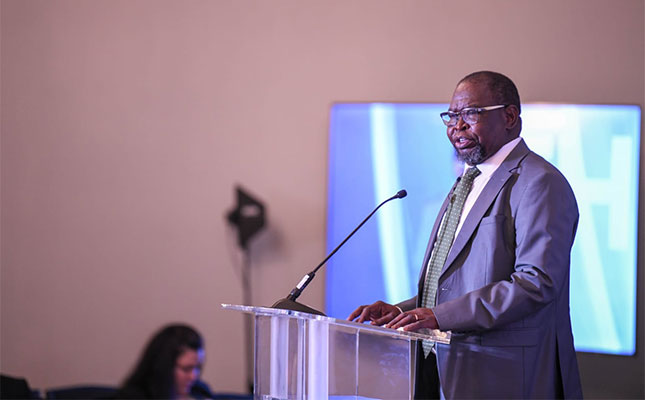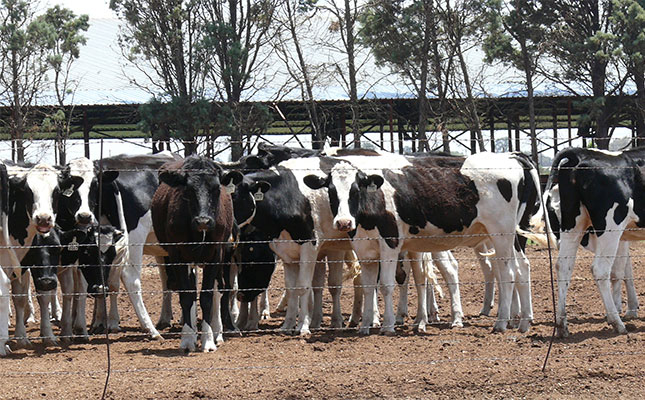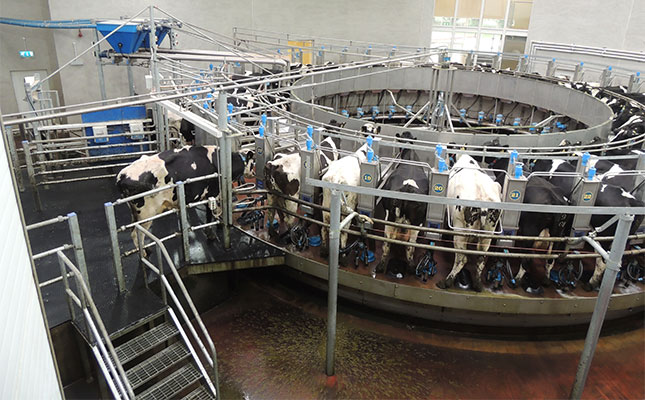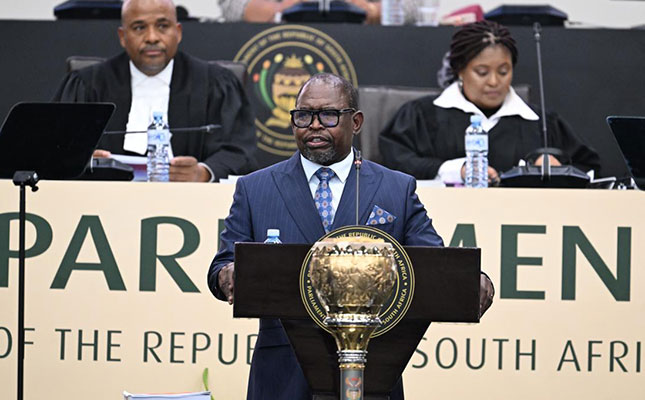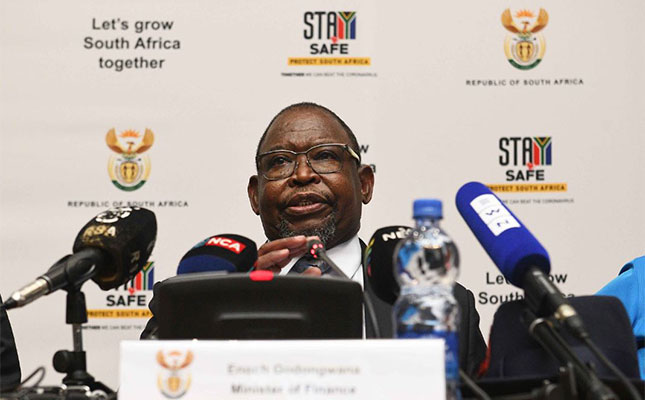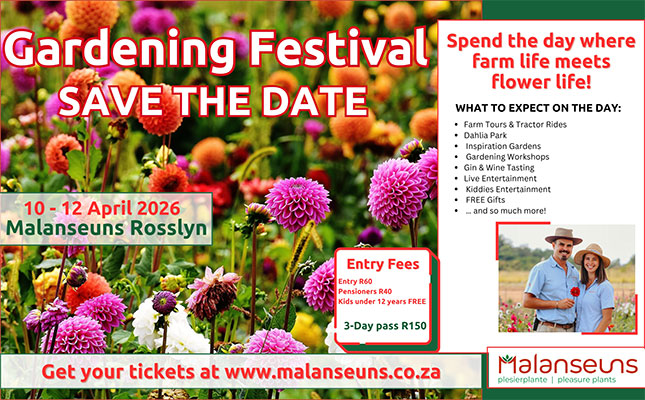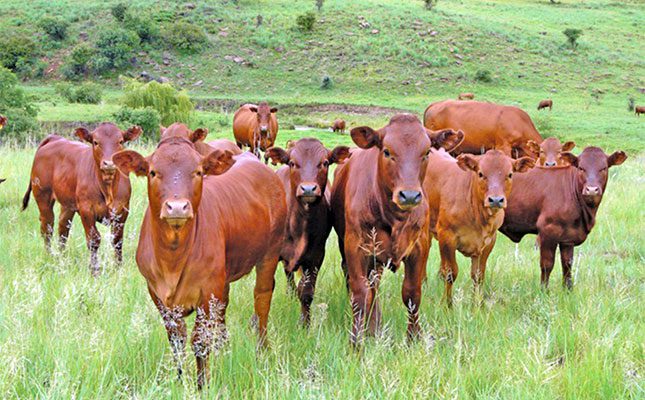
Launched on 21 August by Red Meat Industry Services (RMIS), the survey is a sector-wide engagement effort aimed at giving producers across the country a direct platform to voice their challenges, concerns, and opportunities.
The results will inform future policy, funding priorities, and communication strategies, particularly on critical issues impacting role players across the red meat value chain, RMIS CEO Dewald Olivier said in a statement.
“Red Meat Voice is the most comprehensive sentiment study ever undertaken in our sector. It has been commissioned by RMIS as part of delivering on the Red Meat Industry Strategy 2030, and it invites producers, veterinarians, feedlots, abattoirs, and auction houses to share their lived realities, so we can understand, improve, and act with purpose,” Dewald told Farmer’s Weekly.
He added that the initiative went beyond data collection: “If we want a more united, informed, and resilient red meat industry, it starts with listening. This isn’t a tick-box exercise. The survey will directly inform how RMIS prioritises its work, and how we serve the full spectrum of producers.
“It takes less than 10 minutes [to complete] and will help shape the future of the industry.”
As part of the drive, RMIS has partnered with independent researchers – including Ilze Olivier, a consultant who specialises in strategic communication – to ensure the study is credible, unbiased, and focused on what really matters.
Ilze said the project was a first of its kind in scope and intent. “This is the most ambitious survey ever conducted in the sector. We’re not only interested in what works; we’re digging into what doesn’t, and why it matters.”
Key topics in the survey include trust in information sources, communication preferences, participation in traceability systems, awareness of the statutory levy, and perceptions of RMIS’s performance and role in the sector.
“The survey differs in some areas for different role players so we can get a more nuanced picture of what is happening in the industry. Some sections are the same, and this is where we get our quantitative data from,” Ilze added.
“What is also very exciting and will give us a more well-rounded idea of the sentiment in the industry is that we are carrying out interviews with the different role players. We are trying to do as much of this in person as possible, so our researchers are visiting the role players in their environments, which contributes to the research.”
She added that as part of the survey, those completing it also had the option of joining the interview process if they wanted to.
Frikkie Maré, CEO of the Red Meat Producers’ Organisation, emphasised the importance of participation in the survey.
“It is an important driver to collect information that can help our sector. It is gathering important information and giving us all an opportunity to participate in the improvement of the red meat sector,” he explained.
The online survey is open until 30 September and is completely confidential. Industry stakeholders interested in participating in the survey can access it by visiting rmis.co.za/red-meat-voice.


